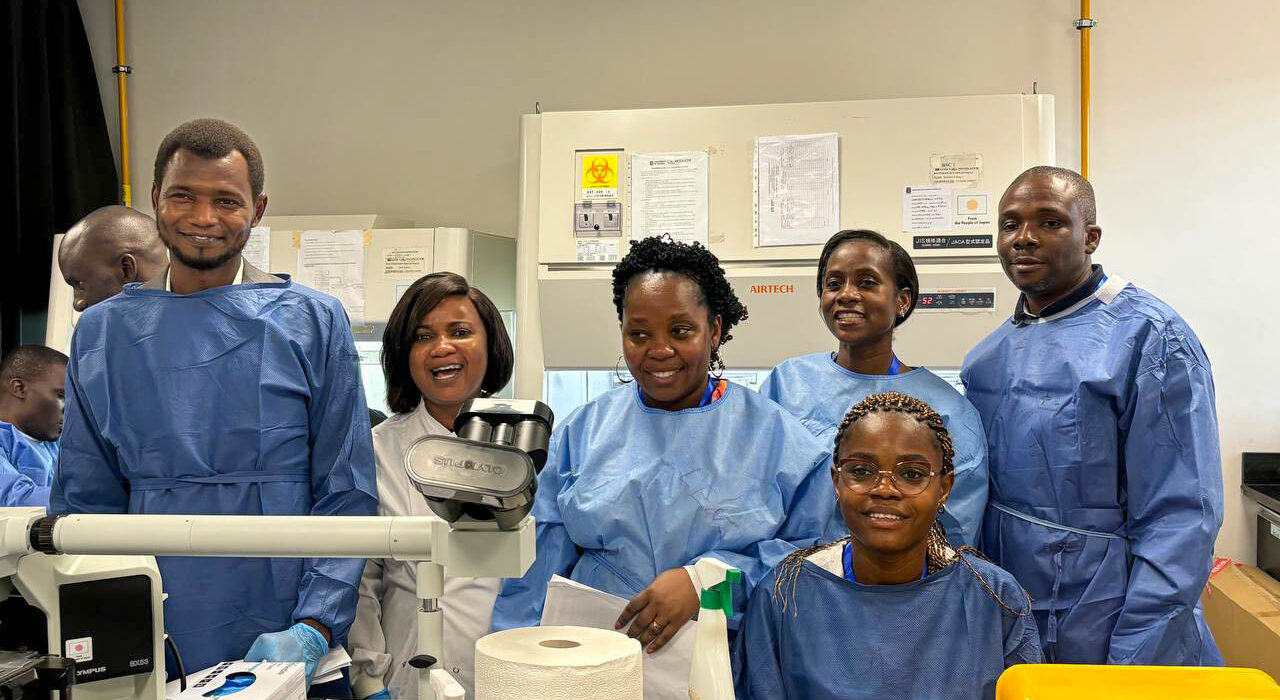US CDC, AFENET Deploy Rapid Response Team to Zamfara over Cholera Outbreak

US CDC, AFENET Deploy Rapid Response Team to Zamfara over Cholera Outbreak
The United States Center for Disease Control and Prevention (US-CDC) and the African Field Epidemiology Network (AFENET) have deployed a rapid response teams to Zamfara State to support ongoing efforts to contain the raging cholera outbreak.
The deployment follows alarming figures released by the Zamfara State Ministry of Health, showing that since the outbreak began on January 15, the state has recorded over 11,000 suspected cases of the disease with a case fatality rate of 1.6 per cent.
In a statement on Friday, the Public Relations Officer of the ministry, Suleiman Isah, said the international partners will be working closely with local health authorities to strengthen surveillance, case management, risk communication, and community engagement.
He noted that the state government has already activated emergency response structures, including treatment centres across affected local government areas, but stressed that the scale of the outbreak required additional technical and logistical support.
“The arrival of the US-CDC and AFENET experts is a welcome development. Their experience in epidemic response will complement our efforts to quickly halt the spread of the disease,” Isah said.
Cholera, a waterborne disease caused by the bacterium Vibrio cholerae, spreads rapidly in communities with poor sanitation and limited access to clean water.
Health experts warn that the ongoing rainy season could further worsen transmission if urgent preventive measures are not intensified.
Meanwhile, the Ministry of Health has urged residents to adopt strict hygiene practices, including drinking only safe water, washing hands regularly, and seeking immediate medical attention once symptoms such as severe diarrhoea and vomiting appear.
The cholera outbreak in Zamfara adds to the rising burden of communicable diseases across northern Nigeria, with health officials calling for more investment in clean water, sanitation infrastructure, and sustained community health education to prevent future epidemics.









